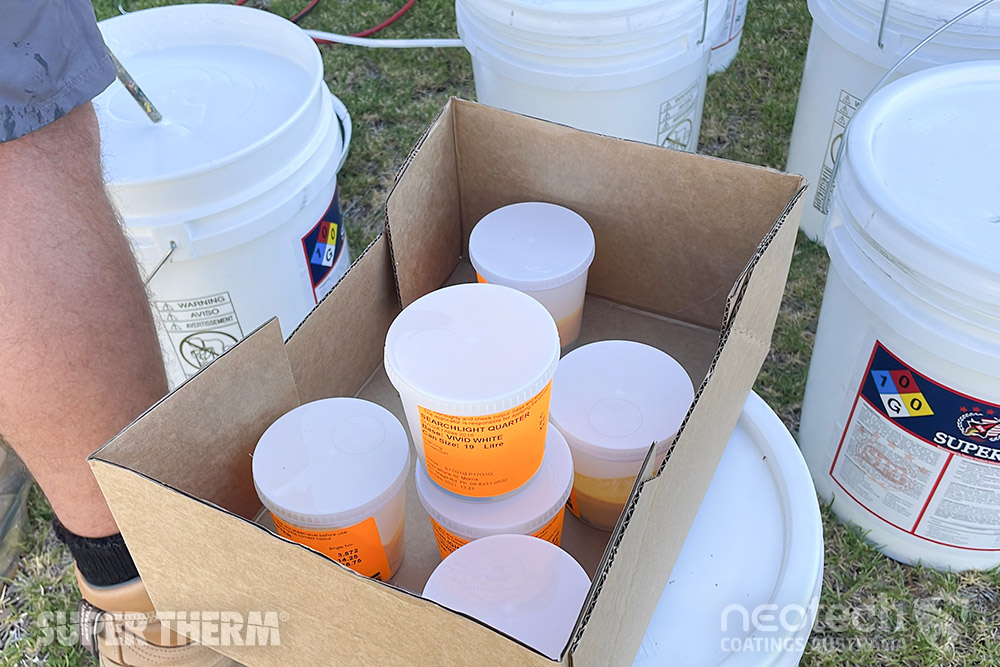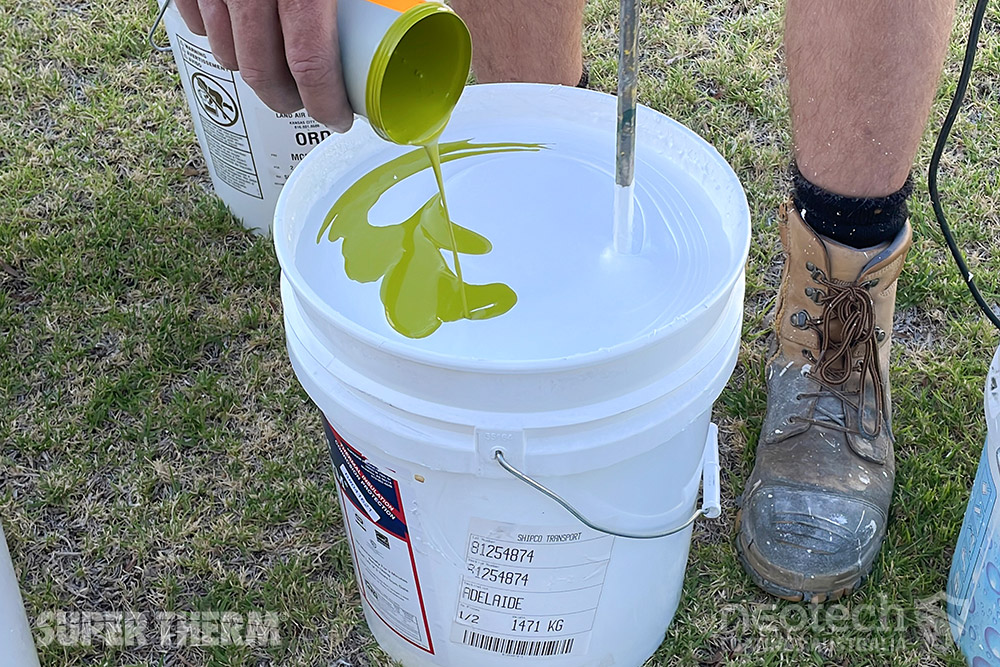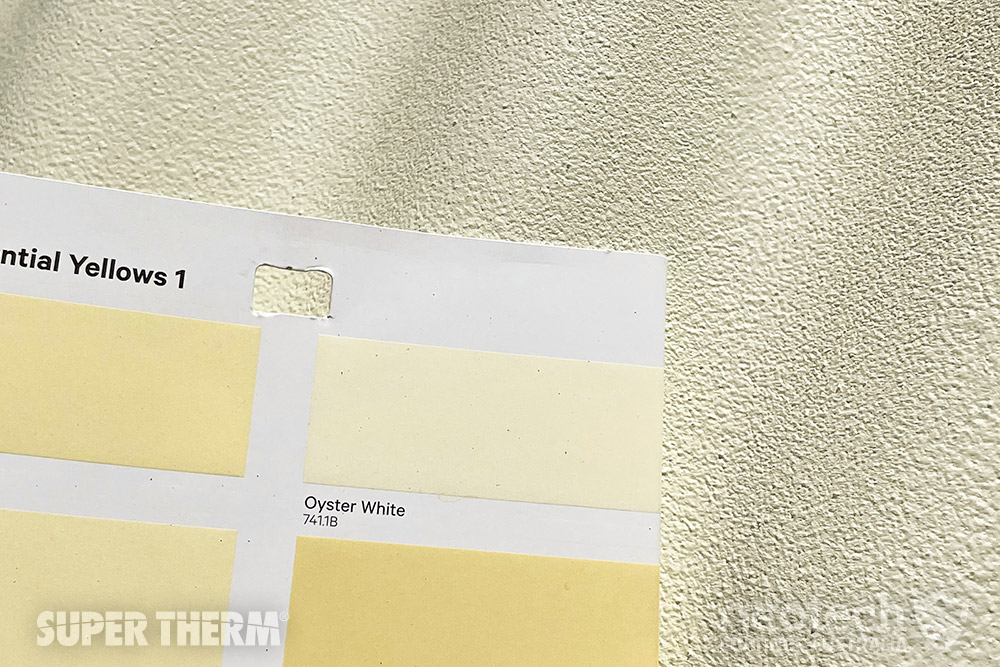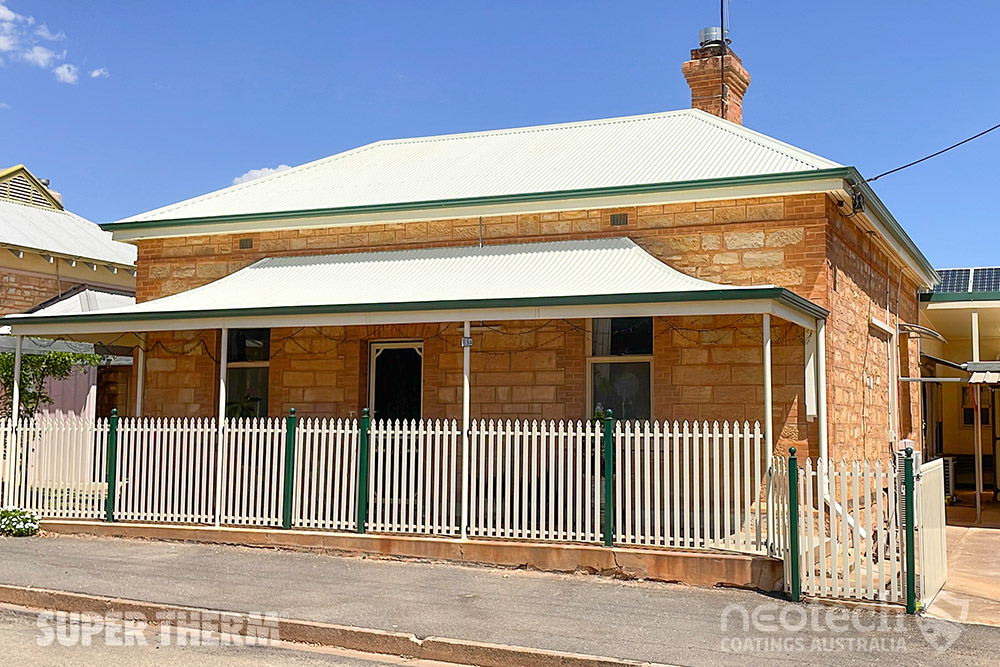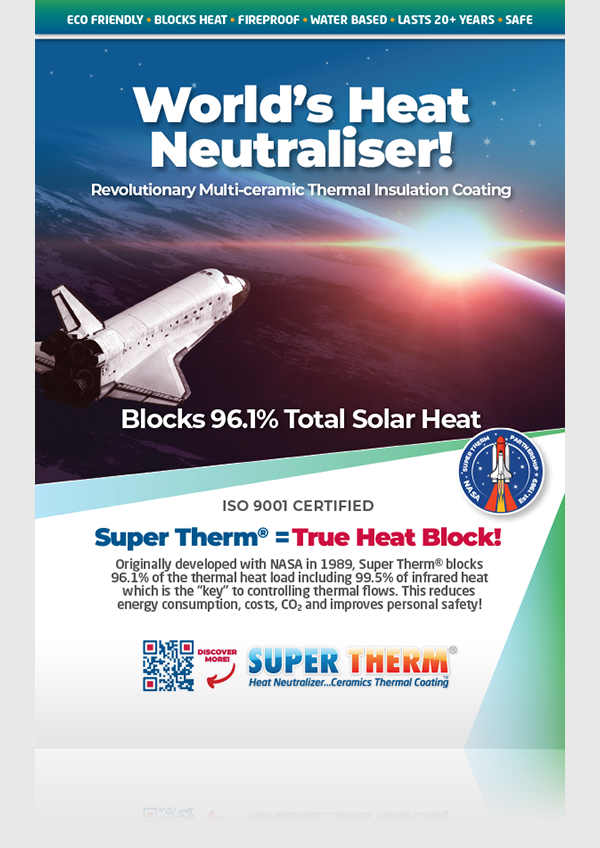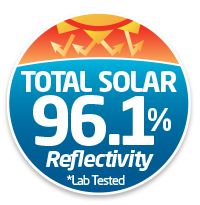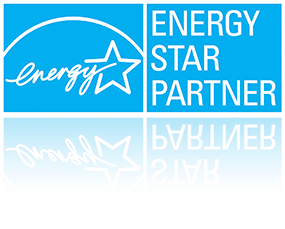Super Therm® Colour Tinting Chart
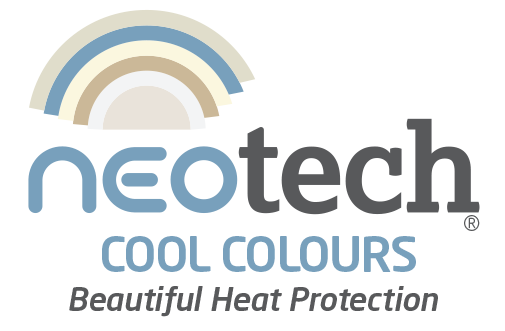
One of the big questions we are asked is can Super Therm® be tinted or coloured. Super Therm® is egg shell white with a Total Solar Rating of rating of 96.1 (stops heat) and Solar Reflective Index rating of 102 (reflects light) and BTU rating of 99.5% (Blocks infrared), it can be tinted with water base dies to light colours by your local paint store. You will have the local swatches to select the colours of your choice.
IMPORTANT: Any tints and darker colours will cause a reduction in solar heat performance which is then influenced by the colour and the environment. The chart below is a colour guide to the reduction of efficiently with tints applied to Super Therm®. See our testing when we painted Slate Grey as an over coat to Super Therm® but not mixed in for a performance increase of 23% with 2 coats of Super Therm®. SPI, the manufacturer, do not recommend applying dark colours over the top of Super Therm® as it reduces the emissivity of the coating.
Painting over Super Therm® with a dark colour can see an increase of heat load onto the substrate as darker colours absorb more light and heat therefore Super Therm® has to work harder to reduce that heat load.
If a dark colour is desired then the recommendation is to double the mils to 500 microns DFT and topcoat with the dark colour. At least this way the ceramics will throw the absorbed heat back into the topcoat. Even with a pastel colour it’s better to topcoat but then you only need 250 microns DFT of Super Therm®
Super Therm® was designed and its technology is built upon providing the heat block protection effectiveness on a single coat, with minimum of 10 dry mils or 250 microns thickness. At least two coats are required if there is an intent on overcoating Super Therm® with another paint product, which is usually a particular colour over the top of the Super Therm® for decoration. The extra thickness is required because the coloured paint applied over the top of the Super Therm® will catch and hold heat. The guide below was tested in the SPI Coatings lab with a spectroscopic light gauge to check reflectance. They have not been tested with ASTM Standards.
